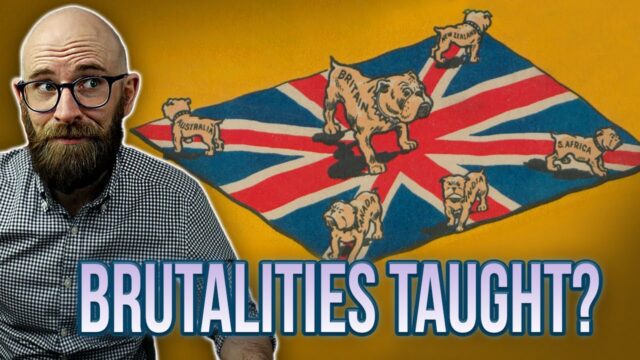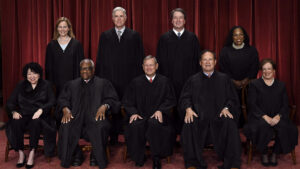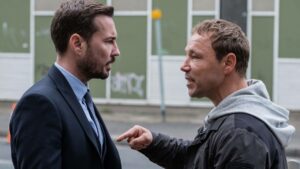“Unveiling the Forgotten Lessons: How British Schools Shape the Narrative of Empire”
All that out of the way, letâs now, finally, look at the British Empire in the UK Syllabus
To begin with, on this, Aneira Roose-McClew, former teacher and member of Facing History & Ourselves UK, a charity that uses the teaching of history to challenge bigotry and racism, states, âThe history we learn in educational institutions and wider society concerning the British Empire is incomplete. The stories that dominate tend to amplify the voices of the colonisers, depicting the âImperial periodâ as a time of glory and greatness â while the plunder, oppression and destruction of indigenous peoples, and their societies and cultures, often occupies, at most, a footnote. We hear of how Britainâs Empire left behind sporting traditions, train networks, education and democracy (as if those subjected to colonialism wouldnât have come to these themselves), but learn little of how much of Britainâs current wealth can be traced back to the suffering, exploitation and enslavement of millions of fellow human beings in overseas territories.â
In her article, Roose-McClew quotes a March 2020 survey, in which 33% of respondents believed that former British colonies were âbetter off overallâ for having been part of the Empire. She then goes on to comment that, âIf the brutal realities of the colonial past of the British Government were taught in schools and discussed more within wider society, those survey results would no doubt be very different.â
Historian William Dalrymple chimes in on all this: âThe British history curriculum moves suddenly from Florence Nightingale to the Nazis, so that Britain always seems to be on the side of liberation, freeing people. You learn about the Roman Empire, the Holy Roman Empire, all sorts of empires â just not the British Empire. The fact that we conquered half the globe was, bizarrely, left off the curriculum.â











